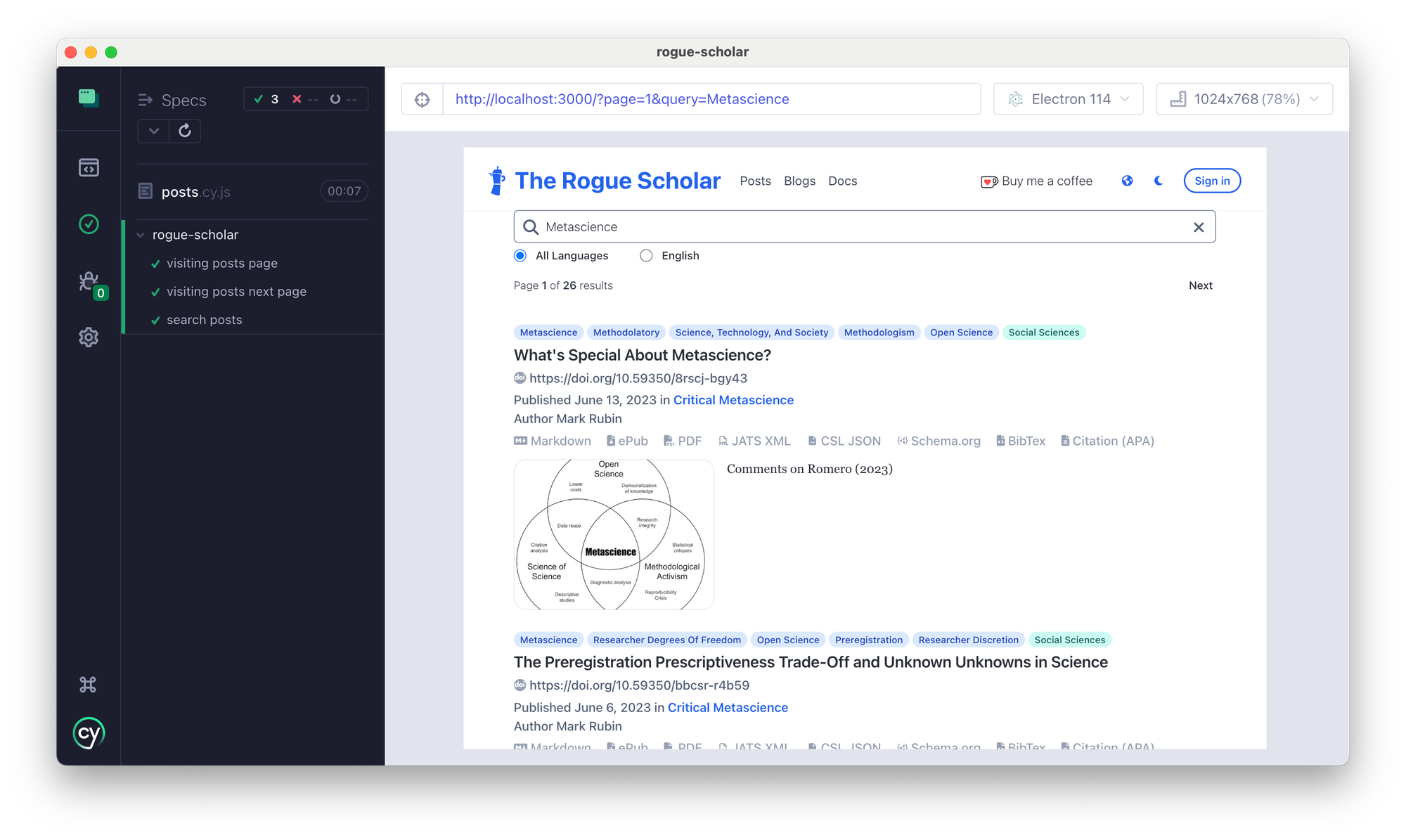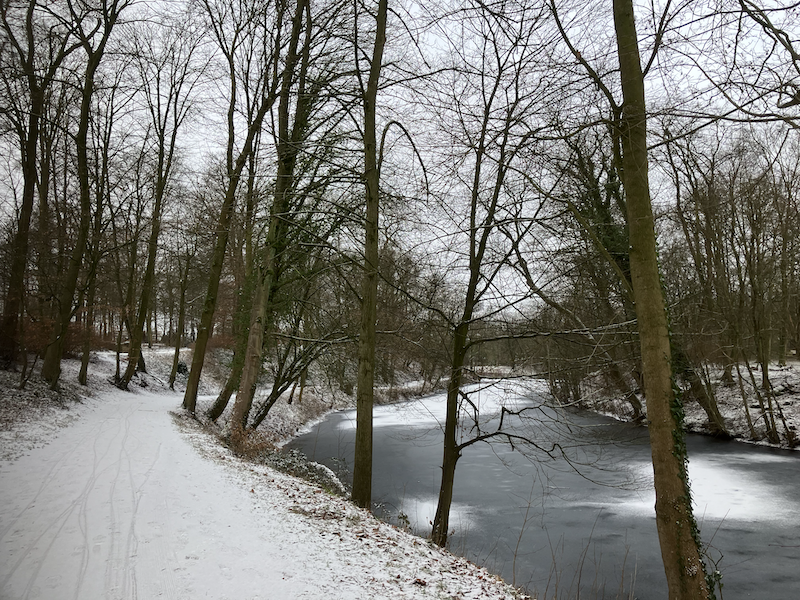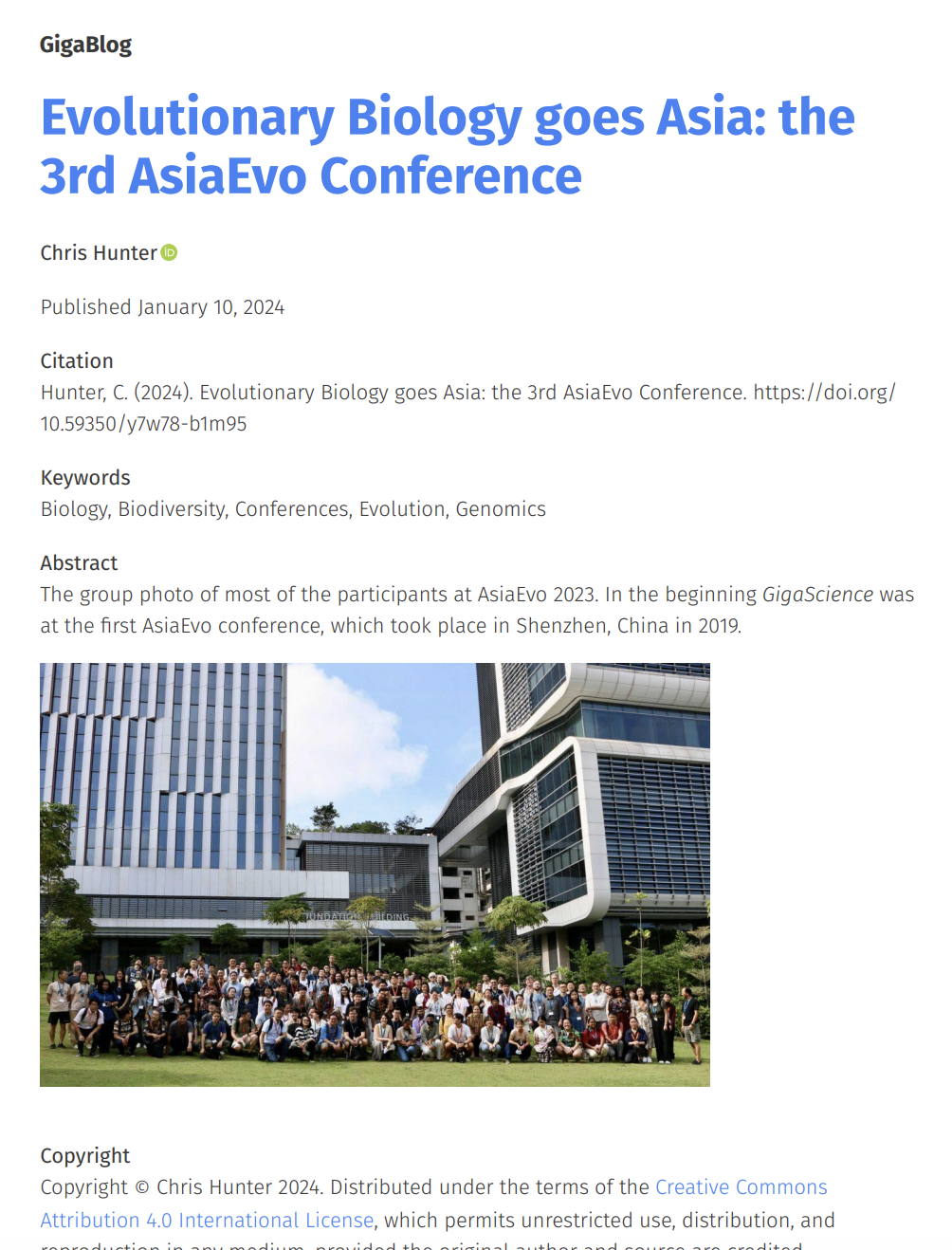
Last week I reported a small change to the Rogue Scholar science blog submission form. By asking for the homepage URL of the blog instead of the feed URL, I hope to make it easier for users to register their blog. At the same time, I fixed a bug in the submission form, caused by an issue with the database backend. Unfortunately, that bug fix didn't work as expected.









